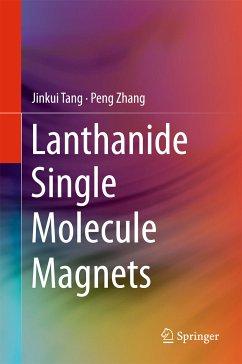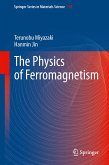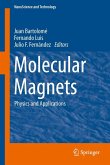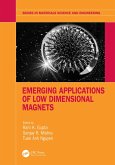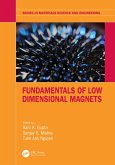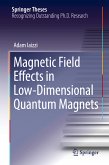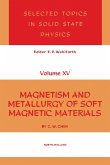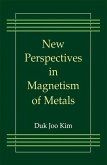This book begins by providing basic information on single-molecule magnets (SMMs), covering the magnetism of lanthanide, the characterization and relaxation dynamics of SMMs, and advanced means of studying lanthanide SMMs. It then systematically introduces lanthanide SMMs ranging from mononuclear and dinuclear to polynuclear complexes, classifying them and highlighting those SMMs with high barrier and blocking temperatures - an approach that provides some very valuable indicators for the structural features needed to optimize the contribution of an Ising type spin to a molecular magnet. The final chapter presents some of the newest developments in the lanthanide SMM field, such as the design of multifunctional and stimuli-responsive magnetic materials as well as the anchoring and organization of the SMMs on surfaces. In addition, the crystal structure and magnetic data are clearly presented with a wealth of illustrations in each chapter, helping newcomers and experts alike to better grasp ongoing trends and explore new directions.
Jinkui Tang is a professor at Changchun Institute of Applied Chemistry, Chinese Academy of Sciences.
Peng Zhang is currently pursuing his PhD at Changchun Institute of Applied Chemistry, Chinese Academy of Sciences, with a specific focus on the molecular magnetism of lanthanide compounds under the supervision of Prof. Jinkui Tang.
Dieser Download kann aus rechtlichen Gründen nur mit Rechnungsadresse in A, B, BG, CY, CZ, D, DK, EW, E, FIN, F, GR, HR, H, IRL, I, LT, L, LR, M, NL, PL, P, R, S, SLO, SK ausgeliefert werden.

